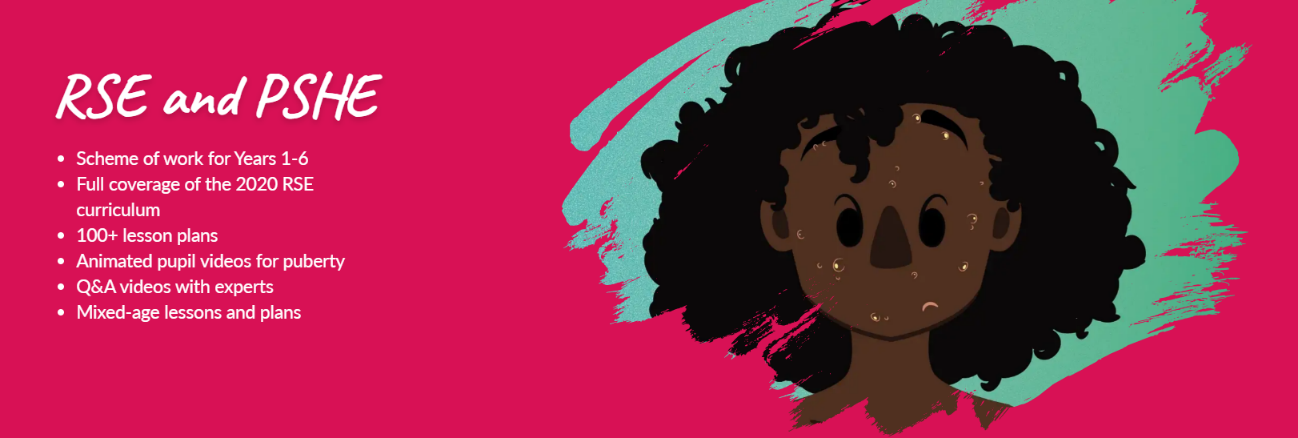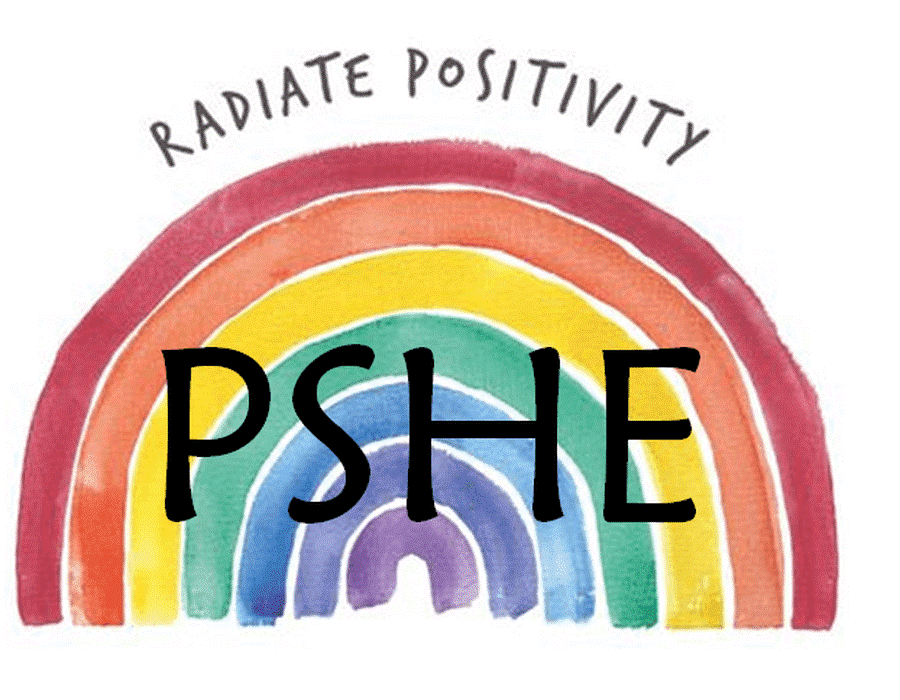INTENT:
At St Breward Primary School we aim to teach our children how to achieve our school values of Respect; Responsibility, Compassion and Curiosity while preparing them for life in the 21st Century. We use the Kapow scheme for our PSHE curriculum which aims to give children the knowledge, skills and attitudes that they need to effectively navigate the complexities of the modern world.
The curriculum covers key areas which will support children to make informed choices now and in the future around their health, safety, wellbeing, relationships, and financial matters and will support them in becoming confident individuals and active members of society.
Kapow Primary’s RSE/PSHE scheme of work covers the Relationships and Health Education statutory guidance (as set out by the Department for Education), including the non-statutory sex education. The scheme covers wider PSHE learning, in line with the requirement of the National curriculum (2014) that schools ‘should make provision for personal, social, health and economic education (PSHE).’
Children’s learning through this scheme would significantly contribute to their personal development as set out in the Ofsted Inspection Framework and promotes the four fundamental British values which reflect life in modern Britain: democracy; rule of law; respect and tolerance and individual liberty. The Kapow Primary scheme does not specifically cover gender identity, although identity is a theme that runs through all year groups and units more generally.
In response to the child-on-child abuse updates to Section 5 of Keeping Children Safe in Education (DfE, 2022), our curriculum introduces and revisits ideas of personal boundaries, consent and communicating our boundaries with others. This prepares pupils for the challenges and responsibilities they will face in the future.
IMPLEMENTATION: KAPOW PSHE AND RSE

St Breward School uses the Kapow Primary scheme as a whole school approach that consists of three areas of learning in EYFS: Reception (to match the EYFS Personal, social and emotional development prime area) and five areas of learning across Key stages 1 and 2.
EYFS:
- Self-regulation
- Building relationships
- Managing self
Key stage 1 and 2:
- Families and relationships
- Health and wellbeing
- Safety and the changing body
- Citizenship
- Economic wellbeing
Each area is revisited to allow children to build on prior learning. The lessons also provide a progressive programme.
The lessons are based upon the statutory requirements for Relationships and Health education, but where our lessons go beyond these requirements (primarily in the Citizenship and Economic wellbeing areas) they refer to the PSHE Association Programme of Study which is recommended by the DfE.
Sex education has been included in line with the DfE recommendations and is covered in Year 6 of our scheme.
The scheme supports the requirements of the Equality Act through direct teaching, for example learning about different families, the negative effect of stereotypes and celebrating differences, in addition to the inclusion of diverse teaching resources throughout the lessons.
Guidance for Parents: Please ensure you take a few minutes to view the Guidance for Parents Power Point. This is a great opportunity to see how you can help your child develop a strong understanding of the key learning in the Relationships and Sex Education Curriculum.
april 2023 parental slides rse .pdf
IMPACT:
The impact of the curriculum is measured and assessed during the lesson through Assessment quiz and Knowledge catchers. Children are given time throughout the curriculum to express their views and share their thoughts which enables teachers to conduct formative assessment.
Once taught the full scheme, children will have met the objectives set out within the Relationships and Health Education statutory guidance and can utilise their learning within their daily lives, from dealing with friendship issues to resilience to making healthy choices and knowing where and how to get help when needed.
Click here to view our RSE Policy
At St Breward School we teach relationships and sex education as advised by the DFE. If you have any concerns about the content to this please speak to the headteacher head@st-breward.cornwall.sch.uk.


